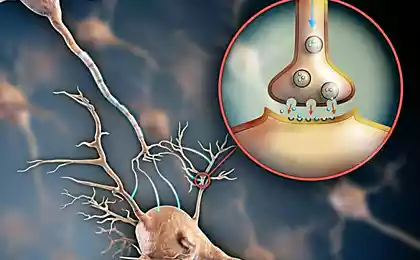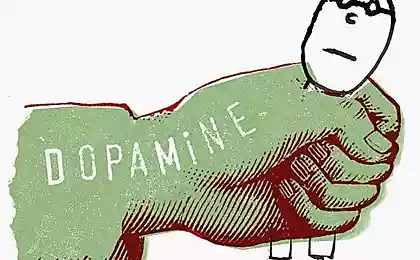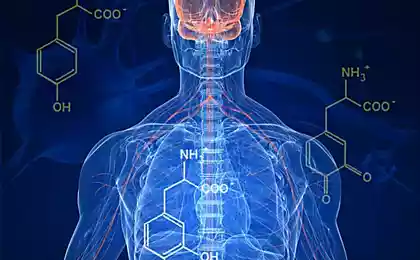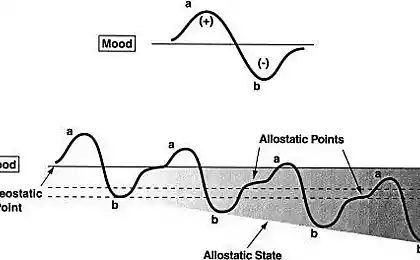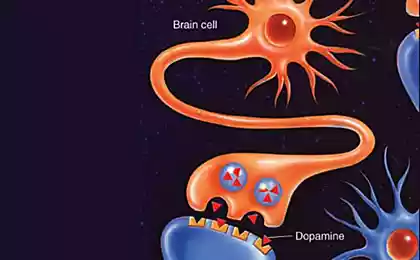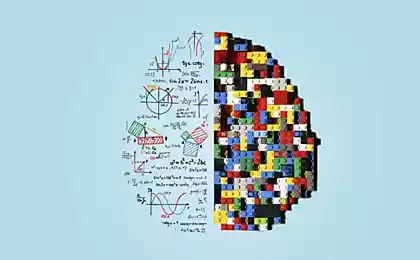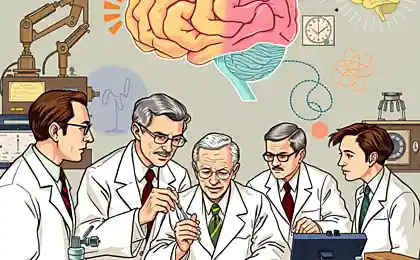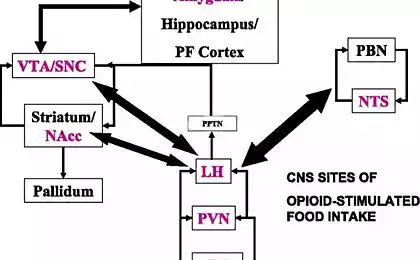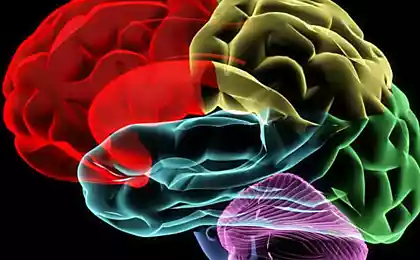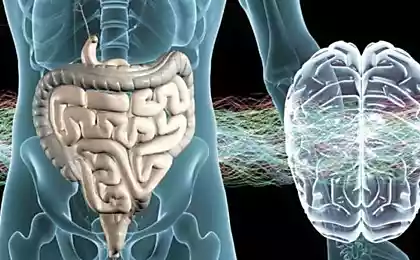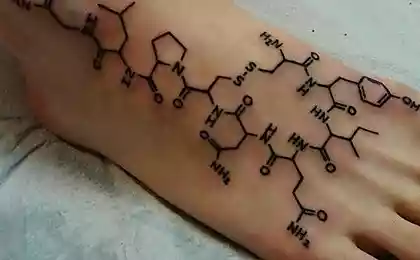234
How to Increase Serotonin and Dopamine Levels
Ecology of life. Psychology. Neurotransmitter imbalance leads to problems with mood, memory and quality of life
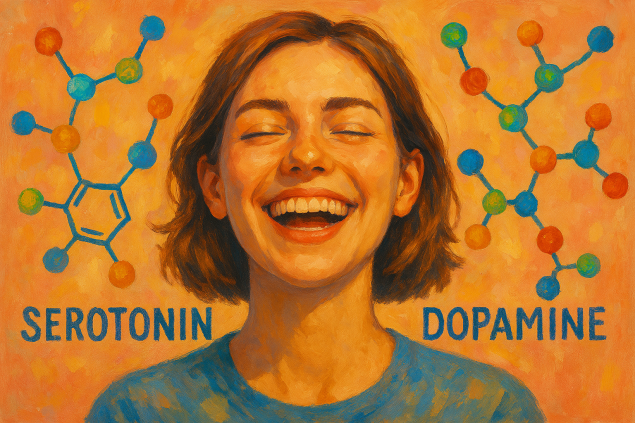
Imagine that your mood depends on invisible chemical messengers that travel through the neural networks of the brain every second. These molecular couriers—neurotransmitters—determine whether you wake up in the morning wanting to conquer the world or feeling like the day has already been lost. Among them, serotonin and dopamine are the biochemical architects of our emotional well-being.
Key fact: 90% of serotonin is produced not in the brain but in the gut, which explains the direct link between diet and mood. Dopamine regulates not only pleasure, but also motivation to achieve goals.
Serotonin: a molecule of joy and tranquility
Serotonin is often referred to as the “happiness hormone,” although it is technically a neurotransmitter. Its deficiency is associated with depression, anxiety, sleep disorders and digestive problems. Surprisingly, most serotonin is synthesized by enterochromaffin cells in the gut, making our second brain critical for mental health.
Natural ways to increase serotonin
Tryptophan diet: Eat foods rich in tryptophan, a precursor to serotonin. Turkey, salmon, eggs, cheese, nuts and pumpkin seeds contain this amino acid in high concentrations.
Sunshine: Exposure to bright light stimulates serotonin production. Spend at least 30 minutes outdoors daily, especially in the morning.
Exercise: Aerobic exercise increases the level of tryptophan in the brain. Especially effective are running, swimming and dancing – activities that require rhythmic movements.
Meditation and breathing practices: Regular meditation increases the baseline level of serotonin and improves its reception by neurons.

Dopamine: Fuel of Motivation and Achievement
Dopamine is a neurotransmitter of anticipation and reward. It is activated not so much from pleasure as from the expectation of receiving it. That is why the process of achieving a goal often brings more satisfaction than the result itself. People with low dopamine levels experience apathy, procrastination, and loss of interest in life.
Scientific fact: Studies show that dopamine neurons are activated more strongly when reward uncertainty occurs. This explains the appeal of gambling and social media – the unpredictability of the outcome enhances the dopamine response.
Dopamine optimization strategies
Micro-victory method: Break down big tasks into small steps. Each completed subtask activates the dopamine system and supports motivation to continue working.
Tyrosine, the amino acid precursor of dopamine, is found in protein products: meat, fish, legumes, nuts and avocados. Eating these foods in the morning provides the brain with the building blocks for dopamine synthesis all day long.
Novelty and learning: Dopamine neurons are activated when they encounter new information. Learn new skills, visit unfamiliar places, read books from unusual genres.
Music and creativity: Listening to your favorite music increases dopamine levels by 9%. Playing musical instruments and other creative activities enhance this effect.
Cold therapy: Short-term exposure to cold (cold showers, bathing in cool water) increases dopamine production by 250% and maintains elevated levels up to two hours.
Synergy of neurotransmitters: an integrated approach
Serotonin and dopamine work not in isolation, but in complex interactions with other neurochemical systems. Oxytocin enhances their action through social connections, GABA provides a balance of arousal and inhibition, and endorphins add natural pain relief and euphoria.

Integrative program of neurochemical optimization
Morning ritual (7:00-9:00): Start the day with a protein breakfast containing tyrosine and tryptophan. Add 10 minutes of sunlight and 5 minutes of cold showers to activate the dopamine system.
Daytime activity (12:00-14:00): Plan for exercise at the peak of natural cortisol production. This time is optimal for cardio loads that increase serotonin.
Evening program (19:00-21:00): Practice meditation or breathing exercises to stabilize the serotonin system before bedtime. Avoid bright lights and stimulating activities.
Nutrition as a mood pharmacology
The gut microbiota plays a crucial role in the synthesis of neurotransmitters. Bifidobacteria and lactobacilli produce GABA, some strains of Enterococcus produce serotonin, and Bacillus synthesizes dopamine. Maintaining healthy microflora through fermented foods — sauerkraut, kimchi, kefir, kombucha — is a natural neuropharmacology.
Breakthrough research: Scientists from the University of California found that consuming probiotics with certain strains of bacteria for 4 weeks led to a significant improvement in mood and a decrease in cortisol levels in the participants of the experiment.
Circadian rhythms and neurochemistry
The production of neurotransmitters is subordinated to the biological clock. Serotonin peaks during the day, promoting activity and good mood, and in the evening is transformed into melatonin for healthy sleep. Dopamine is maximal in the morning, providing motivation by the start of the day. Disruption of circadian rhythms destabilizes the entire neurochemical system.
Important warning: Chronic stress depletes stores of neurotransmitters faster than the body can replenish them. Stress management through relaxation techniques, social support, and adequate sleep is critical to maintaining neurochemical balance.
Conclusion: personalized neurochemistry
Optimizing serotonin and dopamine levels is not a universal formula, but an individualized process. Genetic features, lifestyle, nutrition and environment create a unique neurochemical profile of each person. Start with basic strategies—regular sleep, a balanced diet, physical activity, and stress management. Then experiment with additional techniques, tracking their impact on your well-being.
Changes in brain neurochemistry occur gradually. Give new habits at least 6-8 weeks to form stable neural connections. Your brain is an amazingly plastic system, capable of constant adaptation and optimization throughout your life.
Glossary of terms
Neurotransmitters
Chemicals that transmit signals between neurons in the nervous system. Regulate mood, behavior, cognitive functions and physiological processes.
serotonin
A neurotransmitter that regulates mood, sleep, appetite, and social behavior. Deficiency is associated with depression and anxiety disorders.
dopamine
A neurotransmitter responsible for motivation, reward, motor activity and cognitive function. A key element of the brain's reinforcement system.
tryptophan
Essential amino acid, precursor of serotonin. It enters the body only with food, is not synthesized independently.
Tyrosine
Essential amino acid, precursor to dopamine, norepinephrine and adrenaline. It can be synthesized from phenylalanine.
Microbiota
A set of microorganisms that inhabit a particular environment. The gut microbiota affects neurotransmitter synthesis and mental health.
Circadian rhythms
Biological processes with a period of about 24 hours, regulating sleep, wakefulness, hormone production and other physiological functions.
Neuroplasticity
The ability of the brain to change its structure and function in response to experience, learning, or injury by forming new neural connections.
